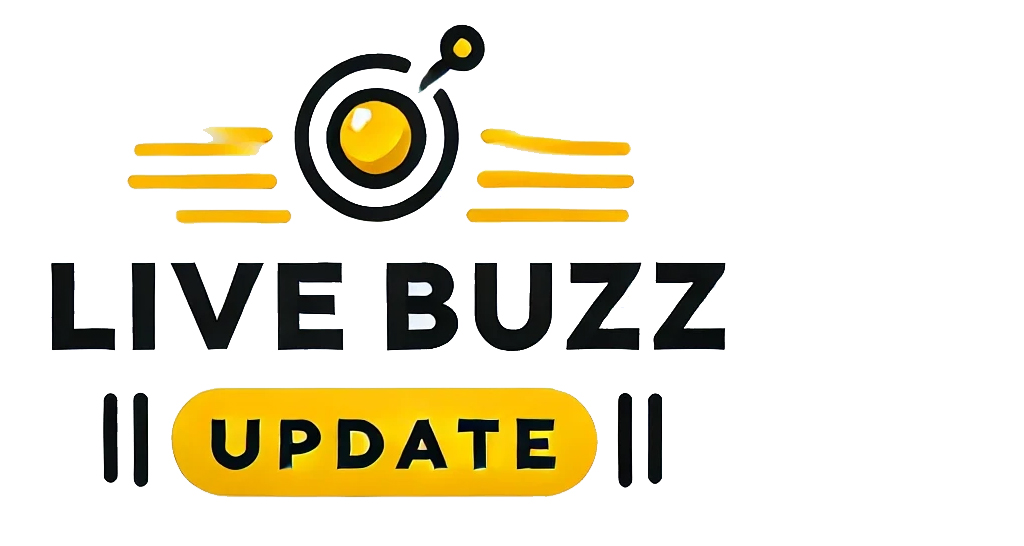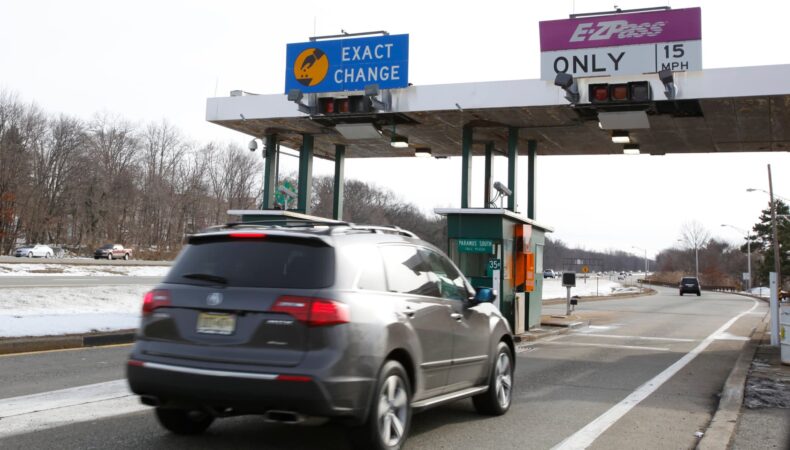Recently, an increasing number of individuals are becoming victims of a text message scam regarding unpaid toll fees. This particular scheme involves receiving messages urging immediate payment of fake bills for supposedly unpaid toll charges. Recipients are directed to a website to make the alleged payment.
According to a Better Business Bureau (BBB) spokesperson Katherine Hutt, the widespread nature of this scam suggests that it’s a numbers game for the scammers. In essence, they target a vast amount of people, needy or not, hoping for a tiny percentage of responses. The more texts sent out, the higher the chances that someone might fall for the scam and provide their personal information, including bank account details. Hutt cautioned the public to remain vigilant and avoid making any payments-linked to messages they receive in this manner. This advice was reported by CNBC.
These fraudulent texts are reportedly getting through because scammers have moved away from email scams and are increasingly using phone-based schemes. Hutt noted that many people ignore emails from unknown senders but respond to text messages, providing an open avenue for the scam. While Hutt admitted there’s no definite data on how many people have fallen victim to this scam, the sheer volume of complaints suggests that it’s a significant amount.
Following this revelation, Federal Communications Commission (FCC) officials have urged all consumers to refrain from clicking on any suspicious links in text messages, especially those requesting immediate action or payment. They have also suggested that consumers report any suspicious messages to them so they can address and prevent such practices in the future. More details about the FCC’s stance can be found on their website.
Experts are now advising mobile users to include additional security measures on their phones, such as putting in safeguards against possible scams and guarding personal information tightly. Wherever possible, individuals should use two-factor authentication and add secondary levels of verification to secure their personal data from getting into the wrong hands.
This scam serves as a poignant reminder to always exercise caution when it comes to unexpected text messages requesting personal information, and to stay vigilant in protecting personal information against criminals.
Better Business Bureau cybersecurity Fraudulent texts text message scam unpaid toll fees
Last modified: March 21, 2025



